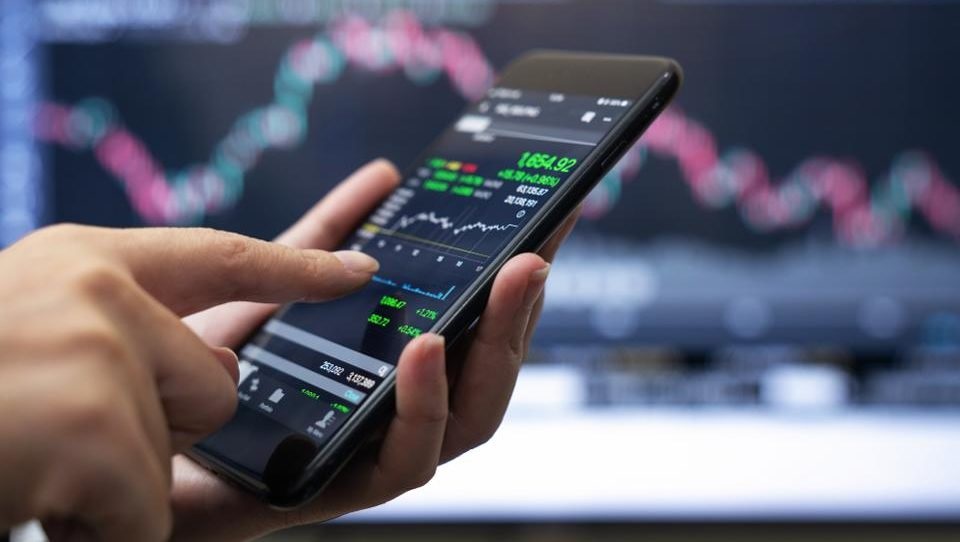There are many different types of trading accounts available to investors, each with their own advantages and disadvantages. The type of trading account that is best for you depends on your individual trading needs and goals. Open demat and trading account to trade. In this article, we will discuss the three most common trading account types: margin accounts, spot accounts, and futures accounts. Check more on TradeView.
Margin account
Margin accounts allow investors to borrow money from a broker to purchase securities. This allows investors to take advantage of trading and increase their profits. However, margin trading involves risk, as investors can lose more money than they originally invested if the market moves against them. Margin accounts are typically used by experienced traders who are familiar with the risks involved.
Here are the pros and cons of margin accounts:
Advantage:
- Increased profit potential
- Ability to trade larger positions with less capital
Cons:
- Increased risk of loss
- interest is charged on borrowed money
- Margin call (when an investor needs to deposit more funds into the account to meet margin requirements). Open demat and trading account to trade.
Cash account
A cash account is the simplest type of trading account. With a cash account, investors can only trade with the money they have deposited into their account. This means that the investor cannot take advantage of the trade and incur losses beyond the amount originally invested. Cash accounts are typically used by beginners who are new to the market and want to avoid the risks associated with margin trading. Seek the help of TradeView for clarity.
Here are the pros and cons of cash accounts:
Advantage:
- Reduce risk of loss
- No margin call
Cons:
- Lower profit potential
- You cannot trade larger positions without more capital
- Regular account
A futures account allows investors to trade futures contracts. A futures contract is a contract to buy or sell an asset at a predetermined price at a future date. Open demat and trading account to trade. Check for more TradingView.
Futures trading is complex and risky, but it is also a highly profitable trade. Futures accounts are typically used by experienced traders who have a good understanding of the risks involved. Here are the pros and cons of regular accounts:
Advantage:
- High winning potential
- Risk hedging ability
- Margin trading possible
Cons:
- Complex and risky
- High margin requirements
- Possibility of big losses
- Other types of trading accounts
In addition to the three main types of trading accounts discussed above, there are many other types of trading accounts such as:
Options Account: An options account allows investors to trade option contracts. Option contracts give investors the right to buy or sell an asset at a predetermined price on or before a future date. Open demat and trading account to trade. Forex Accounts: Forex accounts allow investors to trade currencies. Forex trading is a global market that operates 24 hours a day, 5 days a week. CFD Account: A CFD account allows investors to trade contracts for difference (CFD). CFDs are contracts that track the price of an underlying asset, such as a stock, currency, or commodity.




